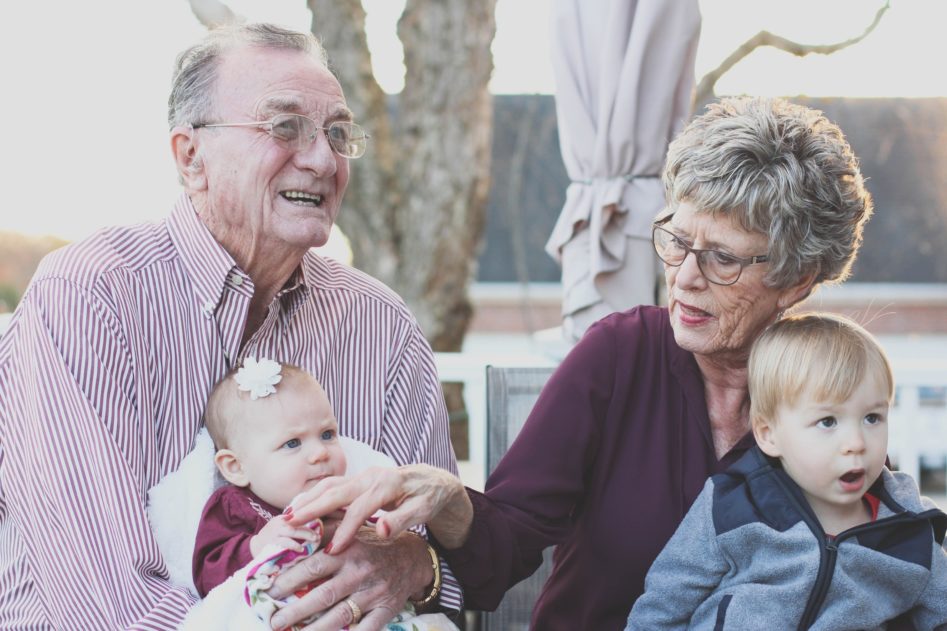Sometimes, what may be considered “best medical practices” is not in our elderly family members’ best interest. I’m not talking about the so-called “death panels” used to frighten the public about universal health care. Rather, I’m talking about the toll that hospitalizations can take on our elderly population. A recent study showed that about one-third of patients over 70 years old and more than half of patients over 85 leave the hospital more disabled than when they arrived. As a result, many seniors are unable to care for themselves after discharge and need more assistance than they did pre-admission.
Elderly patients deteriorate both mentally and physically in hospitals, even if they recover from the original illness or injury that brought them there. Elderly patients are often not fed enough in a hospital, they do not get out of bed enough and pain is not treated appropriately. Narcotic medications can cause extreme confusion and delirium in seniors and can cause them to act out. So can infections. They are then subjected to security measures and restraint, through no fault of their own.
Elderly patients’ movement is restricted because of IV poles and oxygen tanks. They are subjected to unnecessary procedures and are prescribed potentially harmful medications. They are deprived of sleep by being placed in noisy wards or by checking vital signs at all hours of the night. Interrupted sleep, unappetizing food and days in bed may be annoying for younger patients, but they can cause lasting damage to older ones. With regard to medical treatment and elderly patients, sometimes, less is more.

